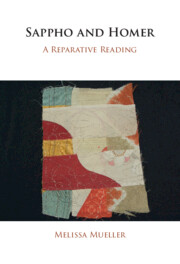At the close of Proust’s A La recherche, Marcel reflects on his late discovery that there is within him a ‘vast dimension’ of lost time, composed of moments that ‘still adhered to me and that I could still find again, merely by descending to a greater depth within myself’. The vehicle through which he is to achieve that descent, he thinks to himself, is the novel itself, the novel he is now to write.
A la recherche is, for this reason, a novel which demands to be reread, a novel which reveals the structural necessity of rereading that inhabits all acts of being in time. This essay responds to this demand, and this necessity, by reading Proust’s novel as an exercise in rereading. The epiphanic close to the novel rests on the conviction that there will come a form of writing, and a form of reading, that might absorb lost time into itself, and in so doing stage a recovery of a spent past, and of a spent life. But in calling in this way for its own repetition, the novel can only live, again, through the loss that it seeks to overcome. This inescapable play between recovery and loss, though, does not constitute a failure of the hope that the novel seems, on each reading, to rediscover. Rather, in inserting a logic of rereading into its own expressive mechanism, the novel becomes a scale for weighing those elements of time that are recoverable against those that are not. It allows us to see the novel as a differential machine, that can find the junction, in the contemporary moment of reading, between that which can be saved and that which cannot – the junction that is the horizon, in our own time, of literary, political and personal possibility.


